The Private Label Reality Check: A Playbook for CCOs
Powered by Kwayga – EMEAs fastest growing Ai Sourcing platform- Optimise, Automate and Future-proof your supplier sourcing strategy.
How Robust is Private Label & What is the Playbook for Real Customer Loyalty Impact?
For CCOs navigating the complex landscape of retail today, the allure of private label can be strong. It promises higher margins, greater control, and a unique offering. However the reality often falls short of the promise. Many retailers are caught in a “Private Label Reality Check,” achieving volume without value and ultimately compromising the customer experience. Difficult scenario to reverse also.
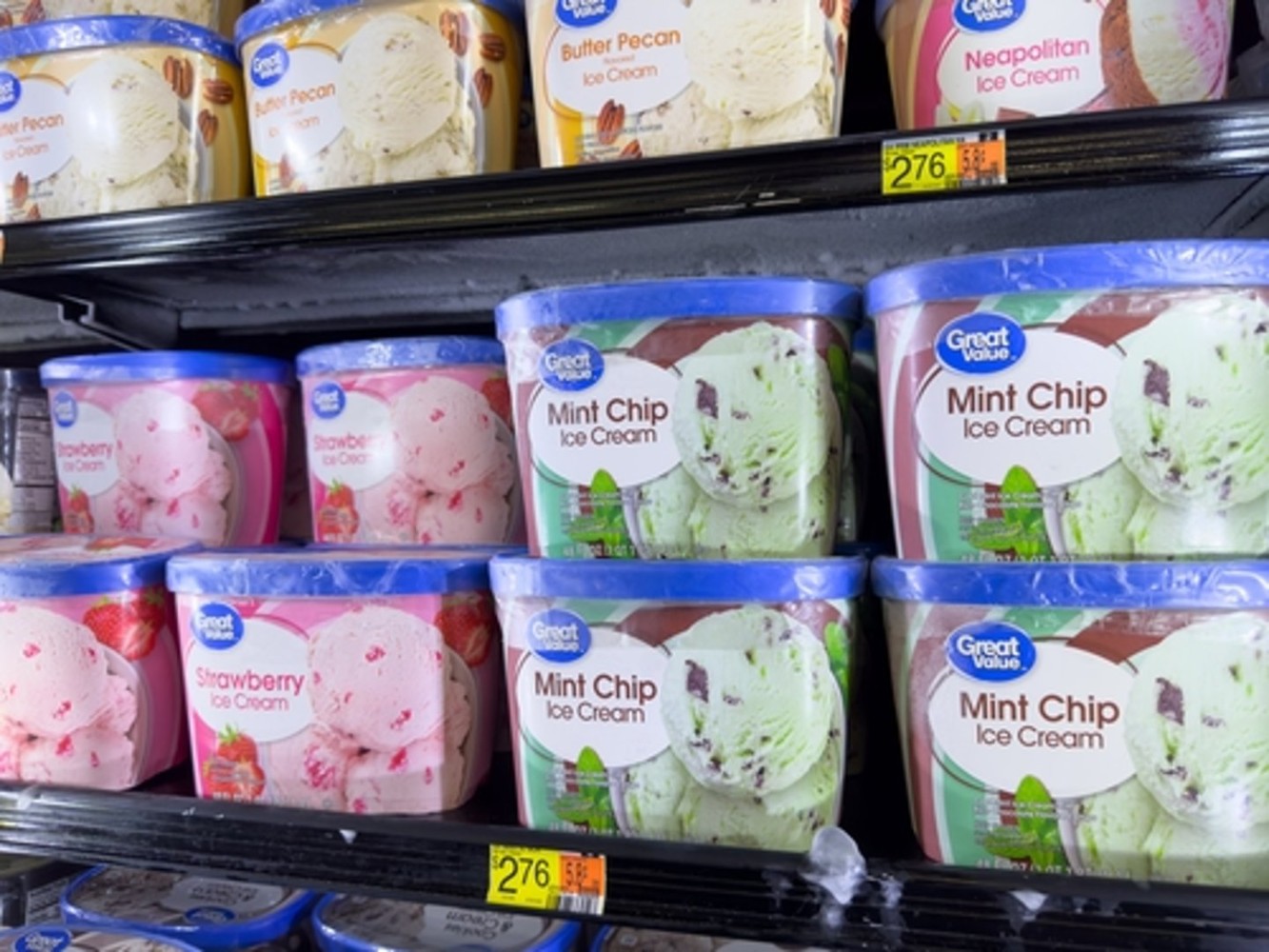
How Robust is Private Label & What is the Playbook for Real Customer Loyalty Impact?
* Traditional retailers often copy discounters’ private label strategies without the necessary structural advantages, resulting in thin margins and compromised customer experience.
* Private label products in traditional retail environments typically sell based on price differential rather than genuine consumer preference or superior quality.
* Private label often appears profitable in financial projections but fails to deliver expected returns when all costs are properly accounted for.
Why Copying Discounters Doesn’t Work Without Their Model:
Discounters like Aldi and Lidl built their entire operational model around private label from the outset. Their success hinges on:
* Cost Elimination: Removing brand premiums and trade marketing.
* Operational Efficiency: Streamlined logistics, fewer SKUs, and high inventory rotation.
* Massive Scale: Millions of units per SKU, generating economies of scale.
* Clear Price Positioning: Transparent and consistent pricing.

Traditional retailers, burdened with complex operations, larger formats, and higher service levels, struggle to replicate this efficiency.
“Without the discounter structure, traditional retailers can’t achieve true cost leadership, making their private label efforts inherently less efficient and profitable than they appear on spreadsheets.”
The Double Edge Sword:
Aggressive private label strategies often lead to a dangerous cycle:
1. Brand Price Increases: Retailers raise prices on national brands to maintain margins while offering competitive private label prices.
2. Price Perception Damage: Consumers notice higher prices on familiar brands and perceive the store as expensive.
3. Cost-Cutting Pressure: Margin pressure from private label investments forces cuts to service, staffing, and store experience.
4. Experience Degradation: The very elements that differentiate traditional retailers from discounters are compromised.
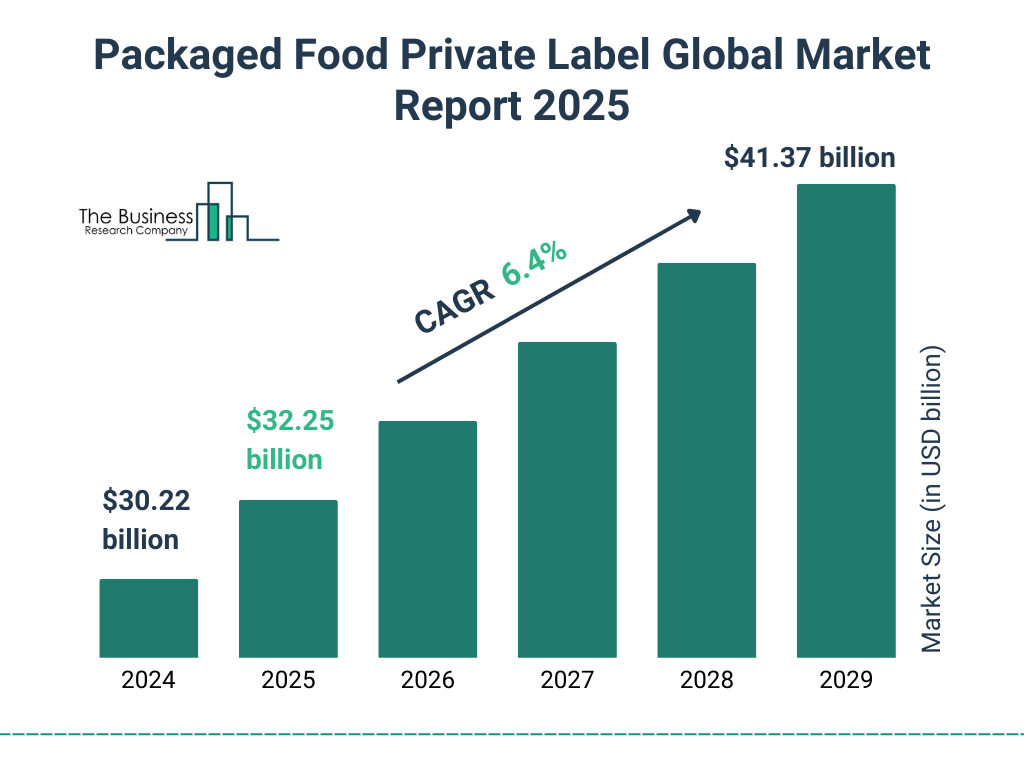
The Experts:
* Retail CEO Insight:
“We’ve learned that private label works best when it’s treated as a brand, not as a margin tool. That means investment, differentiation, and genuine consumer appeal—not just cheaper versions of national brands.”
* Analyst Perspective:
“We’re seeing traditional retailers struggling with the margin promise of private label. The reality is that without the operational model to support it, private label often falls short of financial projections while potentially damaging price perception.”
* McKinsey
“Private label success hinges on identifying true consumer needs and delivering superior value, not just lower prices.”
* BCG:
“A strategic private label program complements national brands and fills category gaps, ultimately driving overall category growth.”

The Reality Check:
* Prioritising private label expansion can lead to sacrificing high-rotation national brands that drive store traffic and basket size.
* Private label often cannibalises strong performing national brand SKUs rather than targeting true white spaces in the category.
* Consumers increasingly view retailer private label as “cheaper but not better,” limiting willingness to pay and undermining premium tiers.
The Playbook for Real Customer Loyalty Impact:
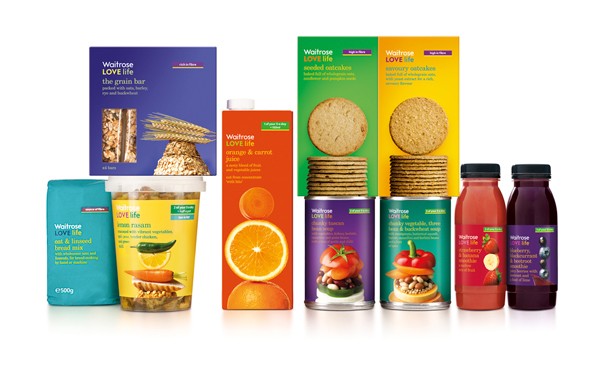
Private label isn’t inherently wrong; misapplied private label is. To unlock its true potential, CCOs must shift from imitation to purpose-driven development, focusing on:
1. Define Strategic Intent: Establish clear objectives beyond margin – what specific role will private label play in your overall strategy? Is it to fill category gaps, simplify overwhelming choice, or drive meaningful differentiation?
2. Identify True Opportunities: Focus on categories with innovation gaps, excessive brand premiums, or meaningful scale potential. Target white spaces, not your traffic drivers.
3. Build Brand-Like Discipline: Apply the same rigor to product development, quality control, and marketing as leading brands. Ensure consistency and emotional connection.
4. Measure Total Value: Evaluate success based on category health and customer satisfaction, not just private label penetration.
5. Focus on Differentiation: Don’t compete on price alone without differentiation. Develop products that serve specific consumer needs and offer unique benefits.
6. Balance the Ecosystem: Create a complementary relationship between national brands and private label that maximises category performance and consumer satisfaction.
For me, as a discounter all my career
Private label is a lever, not a strategy. It only works when placed against the right fulcrum. By focusing on strategic intent, consumer needs, and brand-like discipline, retailers can unlock the true potential of private label and achieve real customer loyalty impact without compromising the customer experience.
Powered by Kwayga- EMEAs fastest growing Ai Sourcing platform- Optimise, Automate and Future-proof your supplier sourcing strategy.
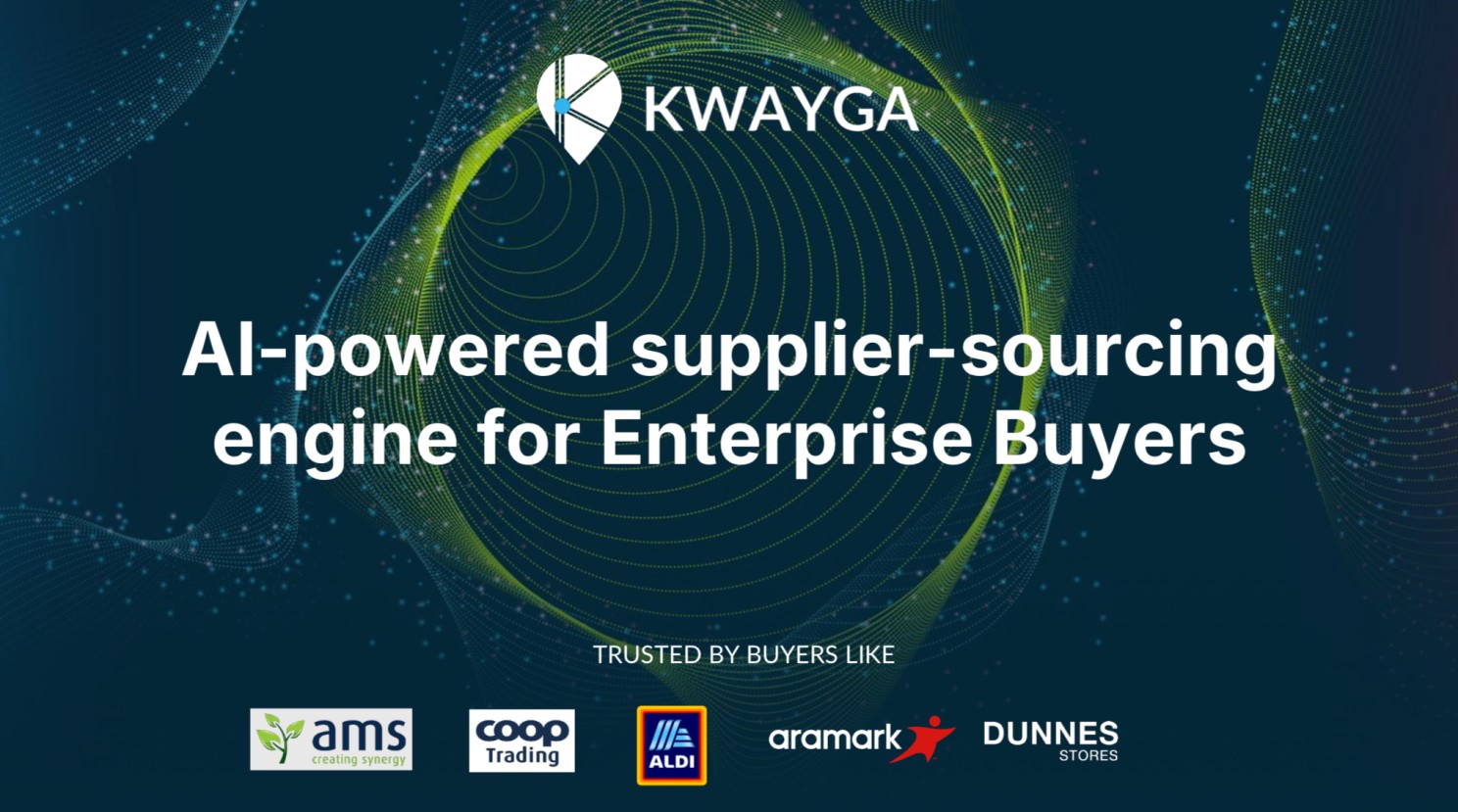
Highlights:
1. AI-Driven Insights: Harness data analytics for smarter sourcing and market trend adaptation.
2. Speedy Sourcing: Reduce sourcing time by up to 60%, enabling faster market responsiveness.
3. Cost Efficiency: Experience savings of 5-10% per SKU through optimised supplier selection.
4. Extensive Supplier Network: Access 140,000+ suppliers to find the perfect fit for your needs.
5. Enhanced Collaboration: Streamline processes for quicker, more efficient decision-making among teams.
Accelerating Own Label & Territory Brand Strategies:
Kwayga accelerates own-label and territory brand development by swiftly connecting retailers to prospective suppliers. Its insights empower brands to innovate and launch products that align with local consumer preferences quickly. By leveraging data for tailored strategies, Kwayga enhances product offerings while maximising profitability and fostering customer loyalty in competitive markets.

